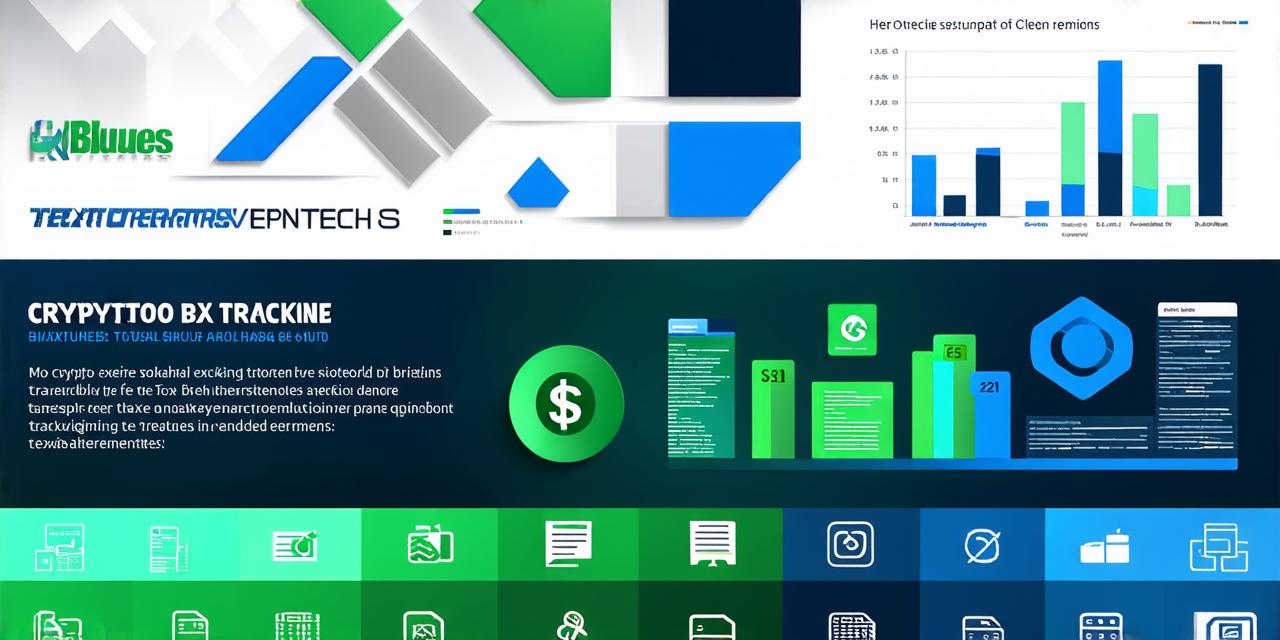
How to track crypto transactions for taxes
How to Track Crypto Transactions for Taxes: A Comprehensive Guide for Crypto Developers
As cryptocurrency continues to grow in popularity, many crypto developers are finding themselves facing new challenges when it comes to tax compliance. With the decentralized and anonymous nature of blockchain technology, tracking transactions can be particularly difficult, which is why it’s essential for crypto developers to understand how to track their transactions for tax purposes.
Understanding the Basics of Crypto Taxation
Before diving into the specifics of how to track crypto transactions for taxes, it’s important to understand the basics of crypto taxation. In many countries around the world, cryptocurrencies are treated as a form of property or investment, which means that they are subject to capital gains tax and other forms of taxation. The tax implications of cryptocurrency can vary depending on several factors, such as how long you’ve held the currency, your trading activities, and your country of residence.

For example, in the United States, the Internal Revenue Service (IRS) treats cryptocurrencies as property for tax purposes, which means that capital gains from selling or exchanging cryptocurrency are subject to income tax. The IRS also requires individuals and businesses to report their cryptocurrency transactions on their tax returns, including the purchase price, sale price, and holding period of each transaction.
Interesting:
One of the main challenges when it comes to tracking crypto transactions for taxes is that many crypto exchanges and wallets do not provide detailed transaction records or fail to comply with local regulations. As a result, many crypto developers find themselves struggling to accurately track their cryptocurrency transactions and comply with tax requirements.
Best Practices for Tracking Crypto Transactions
Despite the challenges of tracking crypto transactions, there are several best practices that can help crypto developers ensure they are in compliance with tax laws. Here are some tips to consider:
- Keep Detailed Records: One of the most important things you can do when it comes to tracking your cryptocurrency transactions is to keep detailed records of each transaction. This includes the purchase price, sale price, holding period, and any fees or commissions associated with the transaction. By keeping accurate records, you will be able to easily calculate your capital gains and losses and ensure that you are in compliance with tax laws.
- Use Tax Software: There are several software programs available that can help crypto developers track their cryptocurrency transactions for taxes. These programs typically require you to import your transaction data from your cryptocurrency wallet or exchange, and then generate reports that summarize your gains and losses. Some popular tax software options for crypto include Coinbase Taxes, TurboTax, and TaxBit.
- Consult with a Tax Professional: If you are unsure about how to track your cryptocurrency transactions for taxes or have complex tax situations, it may be helpful to consult with a tax professional. A tax professional can provide guidance on how to properly track and report your cryptocurrency transactions, as well as help you navigate any potential tax issues that arise.
- Stay Up-to-Date with Regulations: The regulations surrounding cryptocurrency are constantly evolving, which means that it’s essential for crypto developers to stay up-to-date with the latest changes in tax laws and regulations. By staying informed about these changes, you will be able to ensure that you are in compliance with tax laws and avoid any potential penalties or legal issues.
Common Pitfalls to Avoid
Despite the best practices for tracking crypto transactions, there are still several common pitfalls that crypto developers should be aware of. Here are some of the most common mistakes to avoid:
- Not keeping detailed records
- Relying on cryptocurrency exchanges or wallets for tax reporting without verifying their accuracy
- Failing to report cryptocurrency transactions on tax returns
- Not considering the tax implications of airdrops, hard forks, and other non-trading events involving cryptocurrencies
By following these best practices and avoiding common pitfalls, crypto developers can ensure that they are in compliance with tax laws and avoid potential penalties or legal issues.

